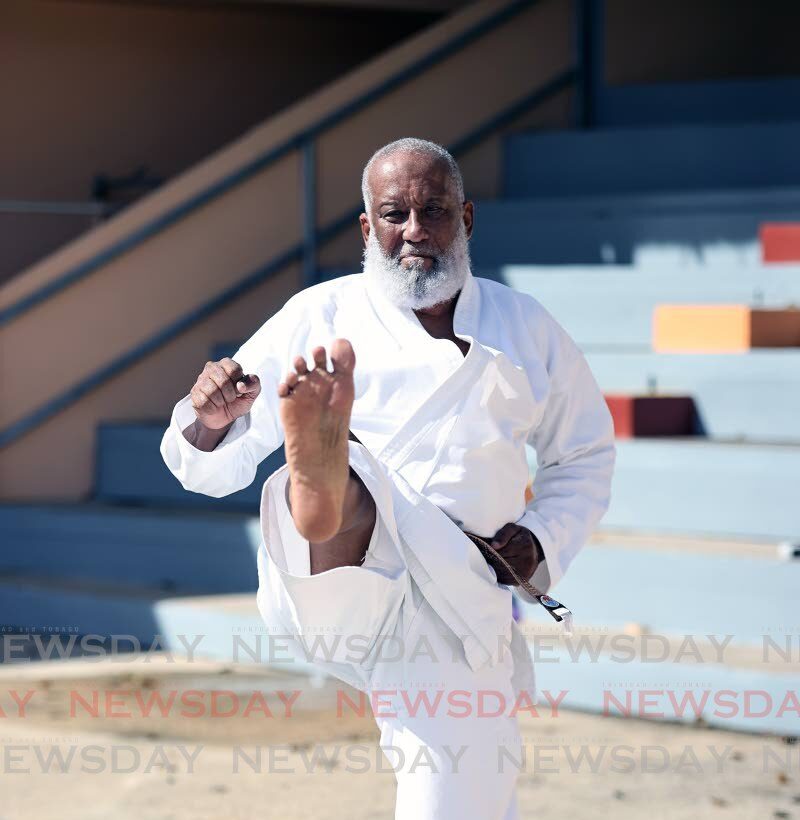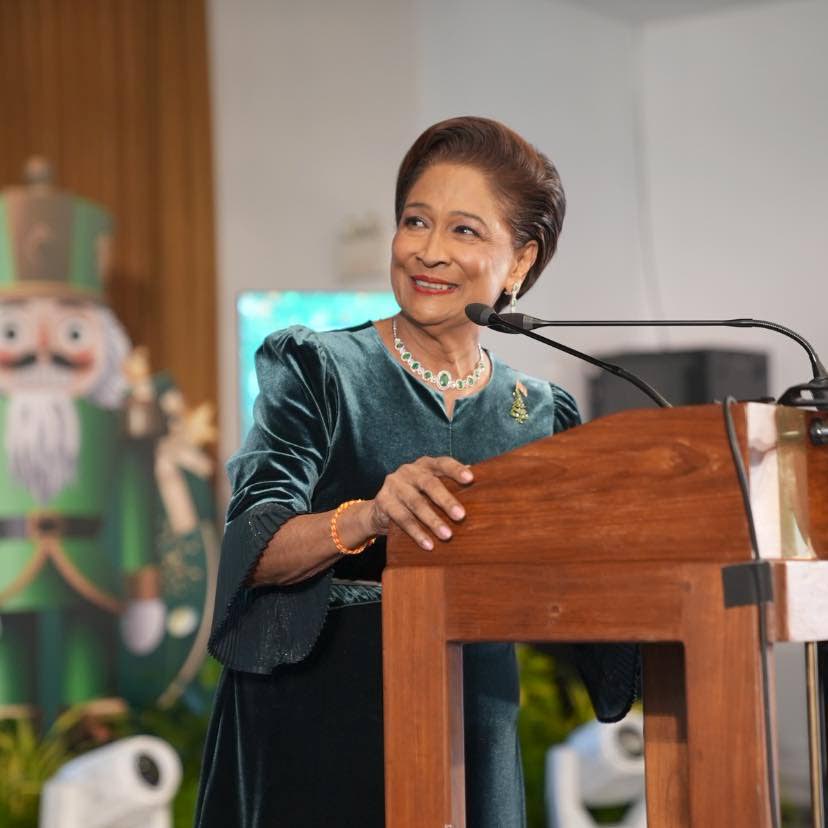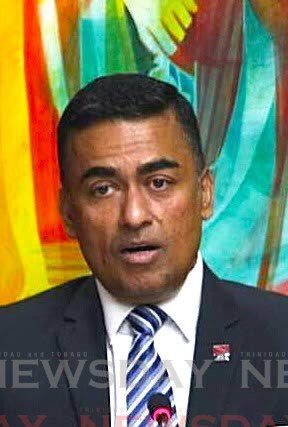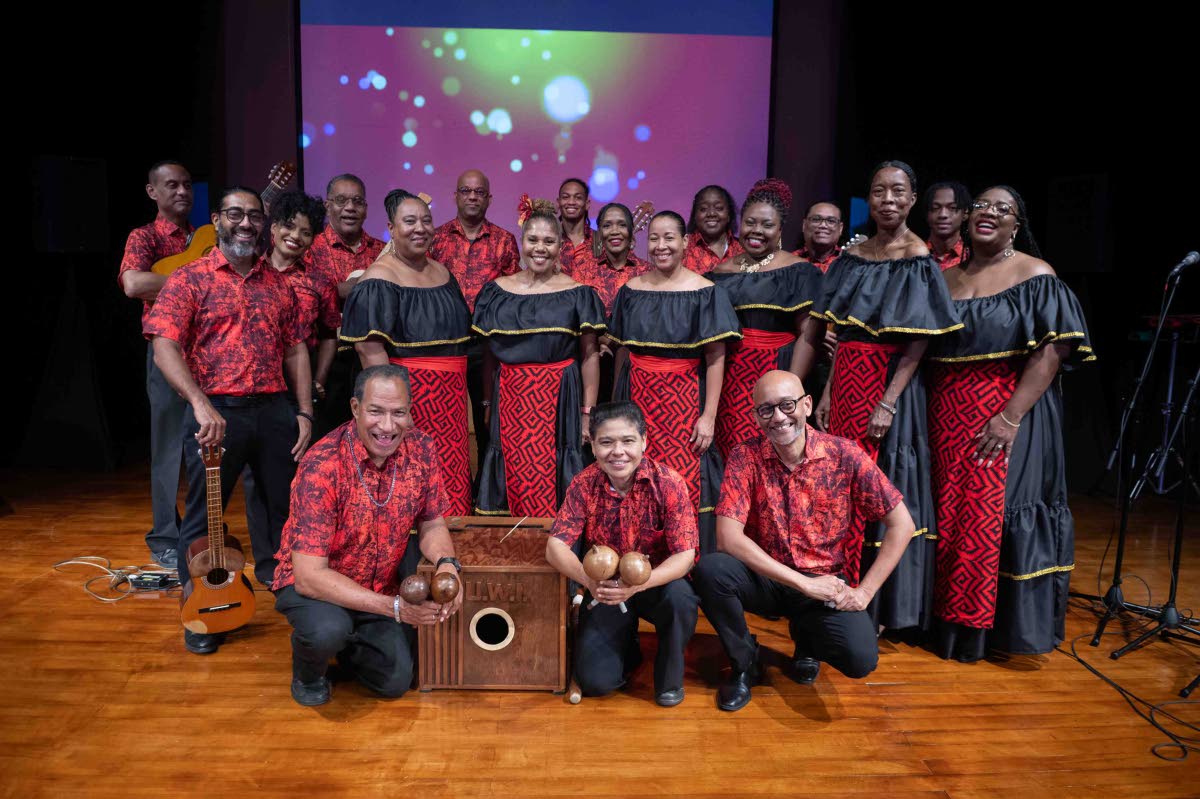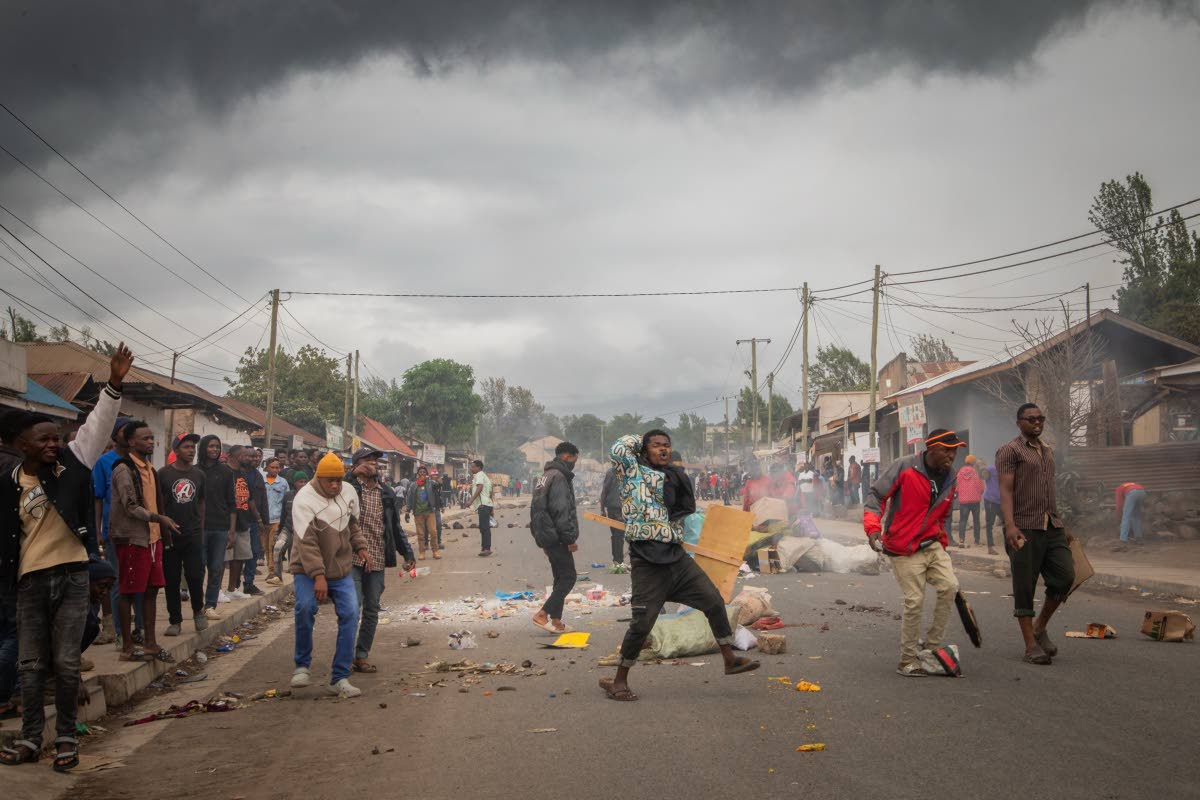In an extraordinary demonstration of lifelong dedication and resilience, 72-year-old Clifford Mendez from Chaguanas has triumphantly returned to martial arts after a five-decade hiatus, recently achieving his brown belt in karate with aspirations toward black belt mastery.
The Shotokan Karate do International Federation (SKIF TT) formally presented Mendez with his brown belt and certification during a December 20 ceremony at La Joya Complex in St Joseph. This prestigious Japanese-affiliated organization recognized Mendez’s remarkable journey that originated in his teenage years, paused abruptly at age 22, and found its courageous resurgence exactly fifty years later.
“This achievement represents half a century of contemplation,” Mendez revealed. “Not a single year passed without me considering a return to practice. With advancing age often comes regret for unrealized ambitions – this was mine, and I’m actualizing it now.”
Mendez’s recommitment to karate began just over four months ago following an extensive search for suitable training accommodations. After encountering logistical challenges with other organizations, he persistently sought instructors willing to conduct home sessions that would restore his technical proficiency. His pursuit culminated with Sensei Ian Sammy, chief instructor and president of SKIF TT, who arranged specialized home training to rebuild Mendez’s capabilities.
The initial training proved profoundly challenging. “I contemplated immediate withdrawal,” Mendez admitted. “The intensity exceeded expectations, and the trainer maintained rigorous standards. I specifically requested no age-related concessions – I desired genuine achievement, not ceremonial recognition.”
Following four months of intensive home preparation, Mendez transitioned to the La Joya dojo, where he discovered both technical competence and communal belonging. “I experienced immediate comfort and acceptance within the dojo community,” he noted. “I recognized that my skills matched established standards and that I belonged among practicing members.”
His rapid progression qualified him for December 17’s brown belt examination, which he successfully passed, subsequently joining training sessions alongside black belt practitioners.
Beyond the dojo, Mendez’s life reflects consistent service and intellectual pursuit. A father of ten children, he studied print technology at Canada’s George Brown College, served on the John Donaldson College advisory board (precursor to the University of Trinidad and Tobago), and formerly acted as Public Relations Officer for the Caribbean Students Association.
Martial arts tradition permeates his family lineage, with his sister Claudia Mendez having earned recognition as a brown belt “kata queen” through another karate organization. While pandemic considerations temporarily delayed Mendez’s return to training, his 2024 commitment manifested through three to four weekly sessions persevering through physical discomfort.
“Sensei Sammy consistently advises measured progression at my own pace,” Mendez explained. “His philosophical guidance provides essential motivation. With institutional support and SKIF’s familial environment, black belt achievement becomes an attainable reality.”
Training alongside significantly younger practitioners presents psychological challenges, but Mendez emphasizes mental fortitude: “One must transcend psychological barriers through direct engagement. Simply act.” He further stresses karate’s non-aggressive philosophy, recalling how his youthful training enabled conflict avoidance rather than confrontation.
SKIF TT’s inclusive programming accommodates practitioners from ages 4 to 94, with Sammy identifying Mendez among their most senior members. A 62-year-old student currently prepares for black belt testing next year, challenging misconceptions about age limitations in martial arts.
“Mendez’s determination is exceptional for his age cohort,” Sammy observed. “While karate historically developed for adults, contemporary programming adapts training methodologies across ages and capabilities.”
The organization emphasizes self-protection, discipline, and respect alongside physical conditioning. Regarding Mendez’s ambitions, Sammy confirmed: “His black belt goal is achievable. We accommodate age-related limitations through progressive training. Two additional brown belt levels precede black belt qualification, potentially attainable within one year.”
Advanced rank progression requires sustained commitment, with first-degree black belts necessitating two additional years’ training for second-degree examination. Mendez’s presence inspires fellow students as a mentoring figure demonstrating that lifelong passions remain achievable regardless of temporal interruption.
